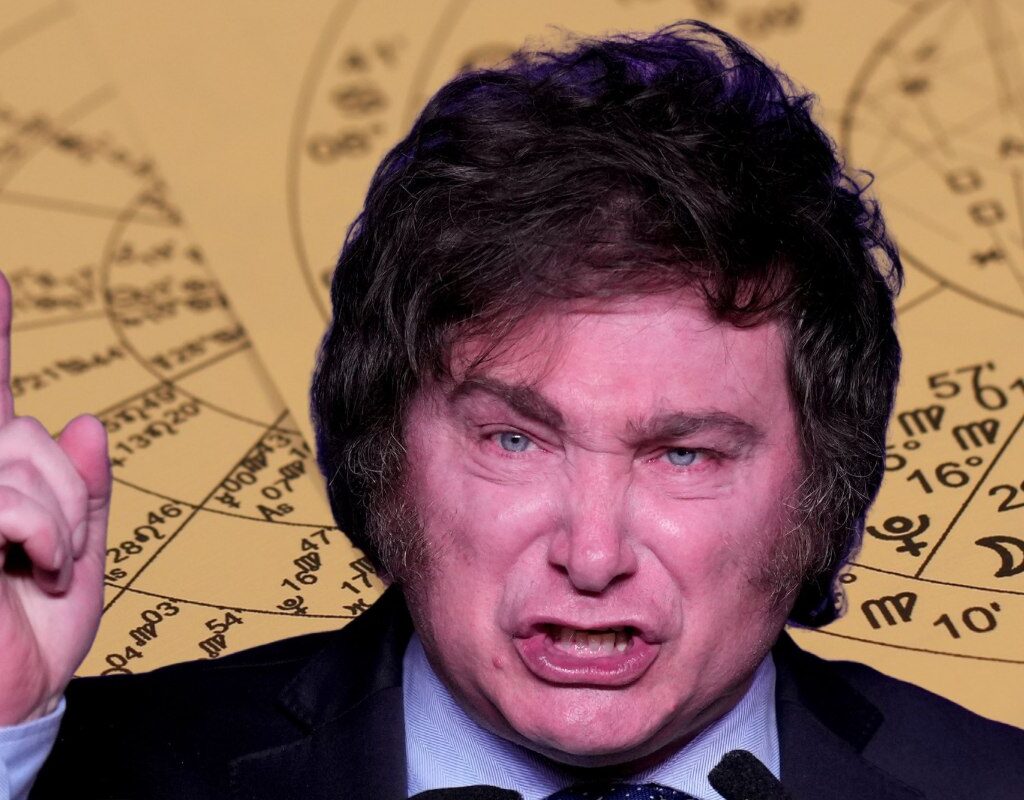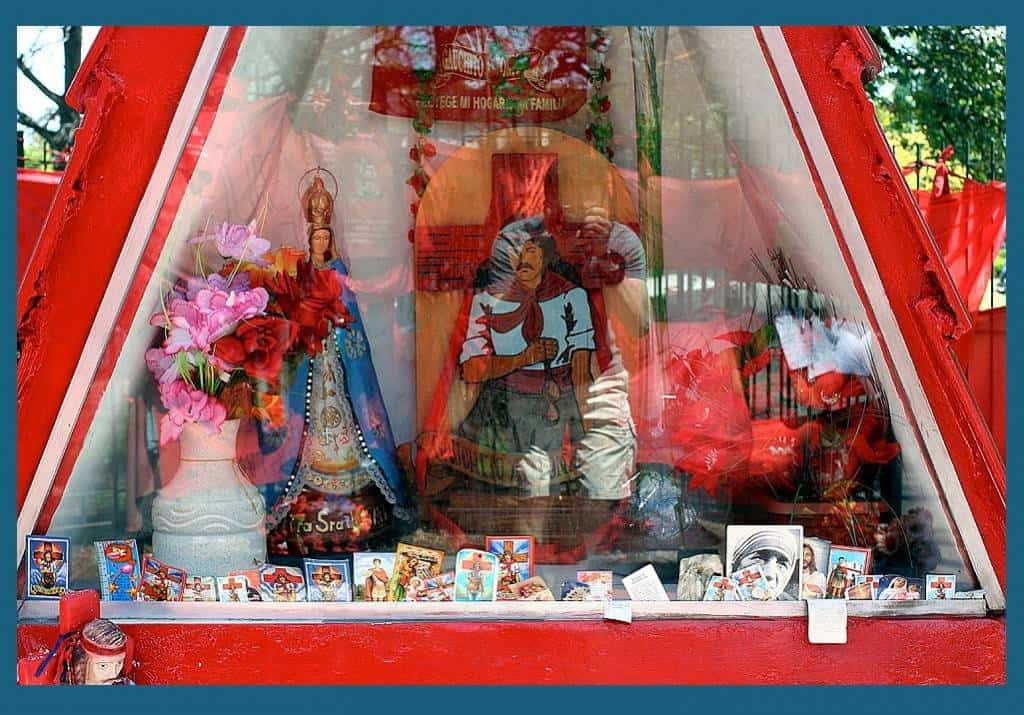The Interplay of Astrology and Politics: The Threads Linking Massera, Fujimori, and Claims of Otherworldly Contacts
Astrological Influence on Argentine Leaders: Tracing Massera to Fujimori
Astrology has cast a lingering shadow over Argentine political discourse. Luis Sobrino Aranda, twice elected to Congress, wasn’t merely a casual observer; he penned multiple volumes on the topic. Similarly, the Masons exhibited a fascination for astrological musings.
Eduardo Emilio Massera, infamously remembered for his part in the 1976 dictatorship and ties with ESMA, had Professor Herfais (given name, Héctor Ricardo Faisal) as his dedicated astrologer. After Massera’s downfall, Faisal relocated to Peru, serving as the astrologer to Vladimiro Montesinos, a key figure in Alberto Fujimori’s administration.
Fujimori’s own intrigue lay with Sixto Paz Wells, a proponent of extraterrestrial encounters. Speculations buzzed that Fujimori held Paz Wells in high regard, especially after Paz Wells’ declaration at a Santa Fe symposium, suggesting Fujimori was on a “cosmic journey”.
Such intricate entwinements of political leaders with figures touting otherworldly ties encapsulate the unique ethos of Argentina during that epoch.
Alberto Rodríguez Saá and Extraterrestrial Insights: The Intriguing Ties to Menem
A Glimpse into the Celestial Politics of Argentina: The Mysterious Bond Between Alberto Rodríguez Saá and Menem
Delving into the narrative of Alberto Rodríguez Saá, the sibling of San Luis’s long-standing governor and Argentina’s short-lived president, Adolfo Rodríguez Saá, offers an intriguing portrait. Alberto ardently believes in his encounters with otherworldly beings and claims to possess an uncanny ability to envision terrains from distant planets.
Such celestial visions find a canvas in his artwork, showcasing sweeping vistas of Xilium, a planet that is eminent (or could it be opportunistic?) Uruguayan scholar Fabio Pedro Allés contends that orbits Sirius and might have been humanity’s ancestral abode. Many might recognize Allés by his pseudonym, “Fabio Zerpa”, which he adopted during his tenure as an actor in Argentina’s budding film scene in the late 1950s to early 1960s.
Zerpa’s association with Alberto traces back to 1978, and consequently with Adolfo. Legend has it that Zerpa, in a moment of foresight, told Adolfo, “You are destined for the presidency.” Years later, Adolfo may have found himself wrestling with both admirations for the prediction’s precision and vexation over its lack of detail.
Yet, for all the conjecture, Alberto Rodríguez Saá remained tight-lipped about his purported interstellar experiences, even during his tenure as a national senator. Such reticence may have been a calculated move to shield his political aspirations, while simultaneously enhancing the allure and market value of his paintings, which fetch anywhere from $500 to $8,000.
Amid allegations of “unexplained affluence”, it raises eyebrows that his dwelling in Punta del Este is christened “Xilium”.
There’s a prevailing sentiment that whispers of Alberto’s “extraterrestrial telepathy” were fanned by devotees of former President Carlos Saul Menem to tarnish his reputation. Given Menem’s esoteric inclinations – from purported consultations with a personal psychic to his proclivity towards Chilean Carlos Warter’s doctrines – these rumors seem less far-fetched.
Notably, a 1992 “Tiempo Nuevo” interview alluded to Menem being an “alien ambassador”. Some postulate that Menem, after pivoting from socialist convictions to neoliberal ideologies, might have been swayed by an external entity, perhaps the spirit of Facundo Quiroga, a historic luminary whom Menem held in esteem and often invoked at his Anillaco residence.
Interplay of Esotericism and Politics in Argentina: A Detailed Review
The Confluence of Metaphysics and UFOs in Shaping Argentine Political Landscape
For many, the notion that metaphysical inquiries belong solely to the conservative spectrum might seem plausible. This, however, is a misconception.
Argentina’s progressive factions too have left indelible marks in this domain. Take for instance Homero Cristali, a distinguished figure of the Trotskyist Revolutionary Workers Party. He posited that, from a dialectical materialist stance, extraterrestrial entities would have surmounted class struggles by now.
In his political manifesto, Cristali championed the rallying of the working class, advocating for the creation of “collective nuclear bunkers”. The intent? To shield against potential nuclear confrontations and await the arrival of savior UFOs.
Contrastingly, Mario Rodríguez Cobo, widely recognized as Silo from Mendoza, espoused a more synthesized viewpoint. Following a notable address in Punta de Vacas in 1969, near the famed Aconcagua — a hotspot for UFO accounts — Silo envisioned a paradigm that melded aspirational pacifism with Christian-rooted socialism.
Facing scrutiny from the prevailing ideologies, Silo first relocated to Mexico, subsequently settling in various nations. It was during these journeys that he established a spiritual faction named “The Community”. This very ethos later evolved politically, emerging in diverse countries as the Humanist Party.
Fast forward to 2003 when Nestor Kirchner rose to Argentina’s helm. An ostensibly inconspicuous detail, but Kirchner’s mandate to goldsmith Juan Carlos Pallarols for a novel presidential staff, infused with esoteric symbols, is telling. The staff, uniquely featuring a silver grip instead of gold, echoed Argentina’s namesake, “Argentum”, signifying the country’s resonance with the metal. Embedded within was a capsule, preserving Patagonian soil.
Upon its receipt from Eduardo Duhalde, Kirchner intriguingly inverted the staff, positioning the south atop the north, a gesture rooted in Mapuche wisdom. These instances merely scratch the surface of Argentina’s intricate dance between politics and the esoteric.
In truth, many a politician, ranging from state leaders to local council members, frequently seek counsel from mediums, parapsychologists, and tarot interpreters. One wonders what revelations might emerge if these narratives were laid bare.
Acknowledgment: This piece owes its existence to Diario UNO of Entre Ríos.




